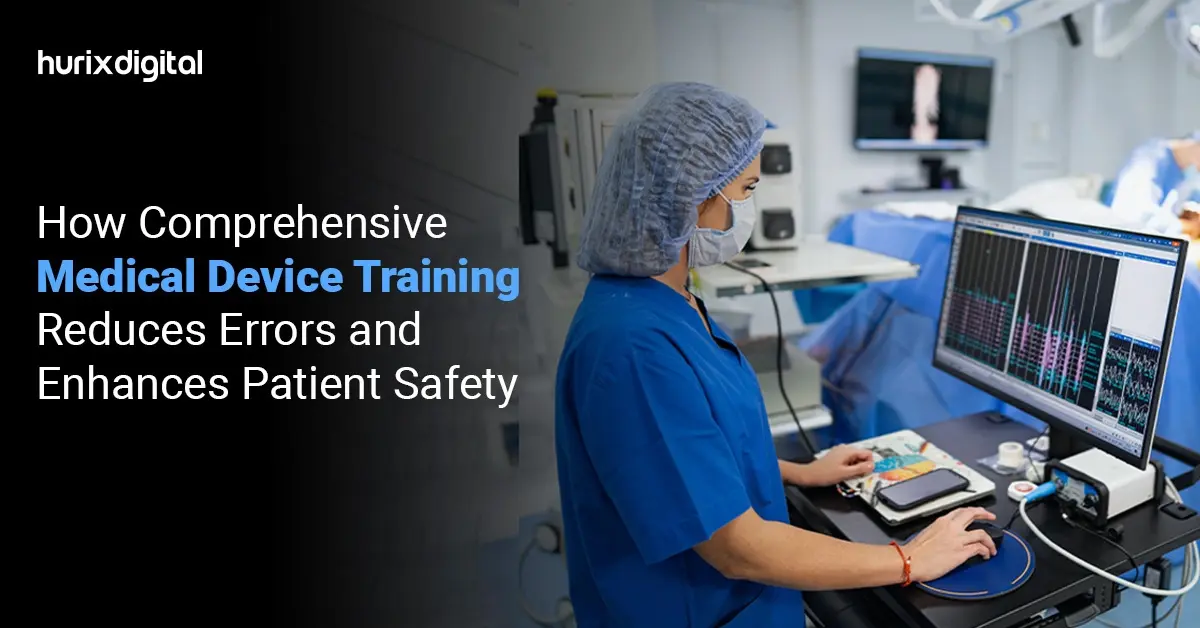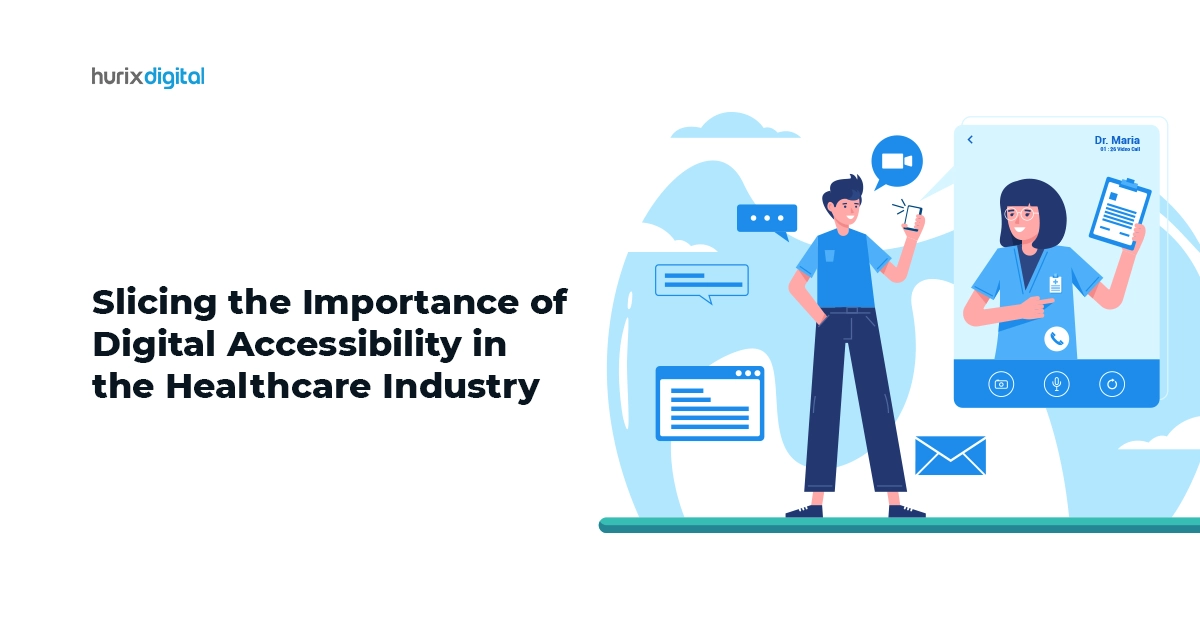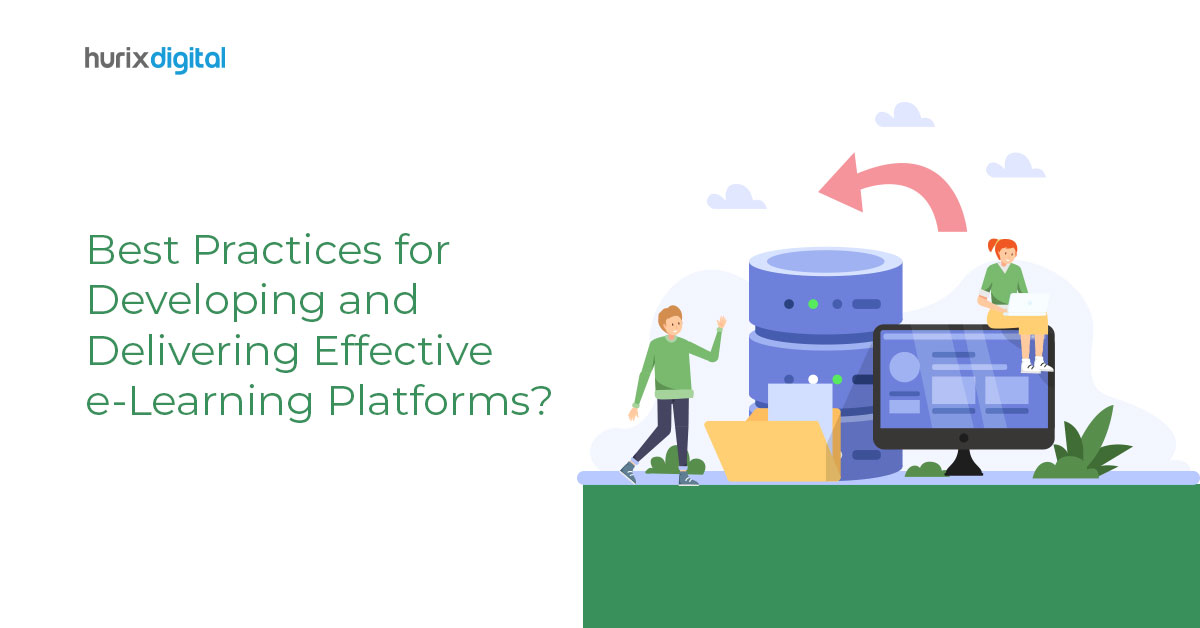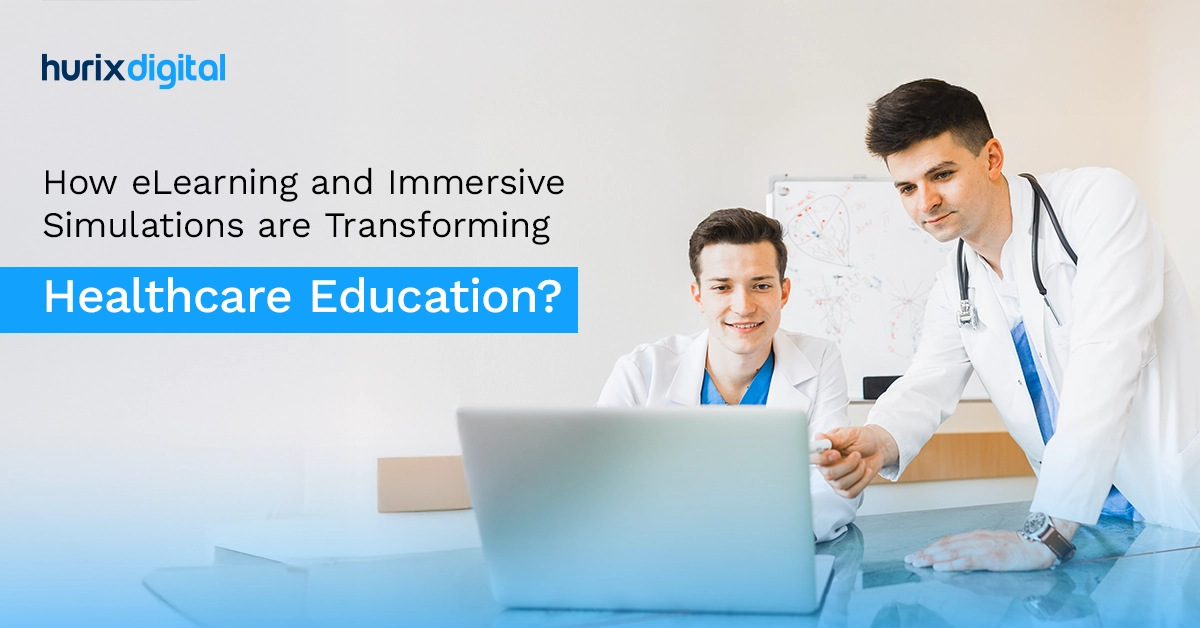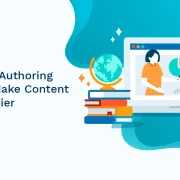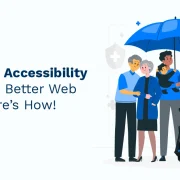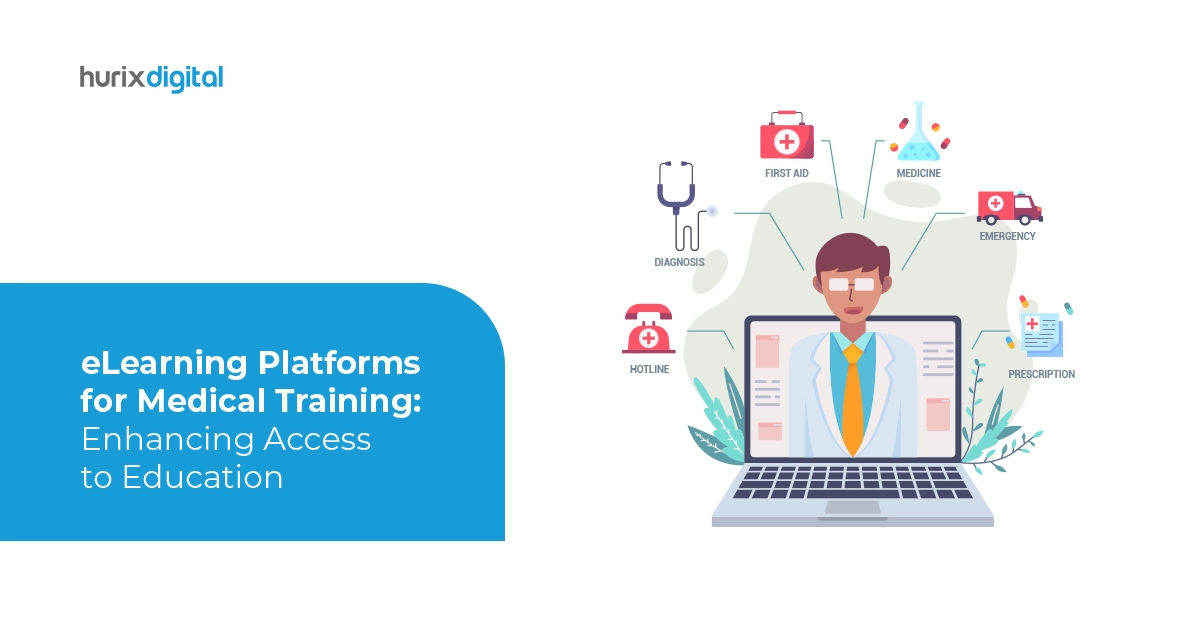
eLearning Platforms for Medical Training: Enhancing Access to Education
Summary
Discover how eLearning platforms are improving access to medical training. This article discusses the benefits and features of online education for healthcare professionals.
The healthcare industry is changing fast. As regulations evolve and quality standards rise, traditional training methods struggle to keep up.
With L&D becoming more critical than ever, the healthcare industry is rapidly adopting online platforms for education. As a result, healthcare professionals are turning to digital resources for enhanced training and skill development. This shift towards online platforms offers numerous benefits, including accessibility, flexibility, and scalability.
In this post, we’ll explore how online educational platforms impact healthcare training and education. Let’s dive in!
Table of Contents:
- What are eLearning Platforms for Medical Training?
- The Significance of Online Platforms for Education in Healthcare
- Use Case to Explore
- Wrapping Up
What are eLearning Platforms for Medical Training?
Today, the healthcare industry is facing a scarcity of skilled professionals. Conventional classrooms have their limitations and cannot keep up with the fast-paced medical sector. This is where eLearning platforms for medical training come into play.
eLearning platforms for medical training are digital systems designed to deliver educational content and resources to healthcare professionals through online channels. These platforms offer a wide range of courses, modules, and interactive materials tailored to various medical specialties and skill levels.
These digital educational platforms help medical organizations—hospitals, clinics, and pharmaceutical companies—create personalized training resources, deliver modules, and meet industry regulation and compliance requirements.
Additionally, these eLearning modules make onboarding smooth, train the new recruits, and track their performance.
Also Read: Healthcare Access for All: Navigating USA’s Digital Accessibility Standards
The Significance of Online Platforms for Education in Healthcare
Medical science is advancing. New technologies and treatments are emerging, making it vital for medical professionals to have access to relevant and personalized learning paths.
Here’s how having eLearning platforms for medical training can help L&D within the medical sector:
1. Facilitating a Refined Learning Curve
The healthcare sector is evolving at lightning speed, whether it’s adopting new technologies or following protocols. L&D managers need to be on their toes to create updated and relevant training modules.
What’s more, it’s important to design courses that keep learners engaged and add value to their skills. Maintaining a consistent learning curve can be a challenge for both learners and trainers.
That’s where online educational platforms have a huge role to play.
Unlike traditional classrooms, online platforms for education consist of interactive and multimedia content. This not only enhances engagement but also allows learners to grasp complex topics at their own pace.
The result? – The learning curve becomes more targeted, improving learning outcomes and bringing down dropout rates.
In addition, eLearning platforms provide data-based insights into each employee’s learning journey. Using this data, you can create personalized resources, helping you create a lean learning curve.
2. Scalable Training Content
As your healthcare organization grows, new regulations are introduced, and more professionals are recruited.
More challenges arise as a result, such as scaling training modules, rapid onboarding, and so on.
Even though your training is virtual, certain barriers exist, such as learners’ irregular schedules. This only widens skill gaps, making it difficult to deliver efficient diagnoses and causing non-compliance with protocols.
Creating scalable training resources becomes easier with online educational platforms.
Here’s how they excel:
- Facilitating widespread training for newly onboarded medical staff, including doctors and nurses, regardless of their geographical locations within the organization.
- Implementing scenario-based compliance training and empowering learners to navigate complex decision-making processes effectively.
- Streamlining the onboarding process for both general staff and role-specific personnel, ensuring a seamless transition into their respective roles within the healthcare ecosystem.
3. Fostering Workforce Retention
While the healthcare sector has yet to recover from the COVID-19 fallout, “The Great Resignation” is looming over the horizon.
Inconsistent training modules in the dynamic healthcare space have made staff retention difficult.
eLearning platforms for medical training employ interactive elements like quizzes, virtual simulations, and gamification. This results in more employees being engaged and empowered. As a result, your staff will feel motivated to stay with you and elevate their skills.
4. Breaking Barriers with Accessible Training Resources
Accessible training material means breaking barriers – whether it’s any kind of impairment or geographical barrier.
Online platforms for education eliminate geographical barriers or disabilities, making quality training a reality. For example, healthcare workers deployed in remote or rural areas can access high-quality medical training without any hassles.
Similarly, eLearning transcends language boundaries, so medical professionals can access the best training resources regardless of their language.
Use Case to Explore
Having online platforms for education opens a floodgate of opportunities for healthcare organizations.
Here are some use cases to understand its practical implications:
1. Gamification and Virtual Simulation
The emergence of AR/VR and simulation has redefined medical education. These immersive technologies make knowledge delivery interesting, allowing learners to retain it for a long time.
Online educational platforms offer multimedia elements, and as a result, learners can experience complex medical concepts in 3D and VR. Your employees can understand the complicated real-life scenarios that traditional teaching methods cannot address. For example, aspiring neurosurgeons can experience the nuances of open-heart surgery through virtual reality.
2. Scenario-Based Professional Skills and Training
eLearning platforms for medical training modules comprise scenarios simulating real-life situations. Medical school aspirants and healthcare workers can learn about different theories and practice new skills related to everyday patient-doctor interactions.
Scenario-based courses provide an effective and accessible alternative to live workshops, where learners can actively apply theories and make choices independently.
3. Empowering Continuous Learning for Skill Enhancement
The field of medicine is dynamic, with new techniques and practices emerging. This makes it crucial for medical staff and students to keep abreast of the innovations and level up their skills.
Implementing online platforms for education is one of the easiest ways to train a large number of healthcare workers simultaneously. Learners, irrespective of their packed schedule, can acquire knowledge when they have time, ensuring the working hours are disrupted.
Also Read: Exploring the Role of Digital Learning in Healthcare Education
Wrapping Up
Physical classrooms are quickly becoming a thing of the past and getting replaced with online platforms for education.
Integrating online educational platforms empowers medical staff and aspirants with the skills and knowledge to address the complexity of the medical landscape.
If you haven’t yet leveraged the advantages of eLearning platforms, partner with Hurix Digital. As one of the leading digital education solution providers, we offer customized and scalable learning modules for the medical sector.
Want to learn more about our solutions? Schedule a call with our experts today.

Senior Vice President – Business Development
at Hurix Digital, with over 25 years of experience in EdTech and workforce learning. He excels in business development, customer relationship management, and scaling digital learning solutions, driving global growth through innovative content, simulations, and AI‑driven training offerings

